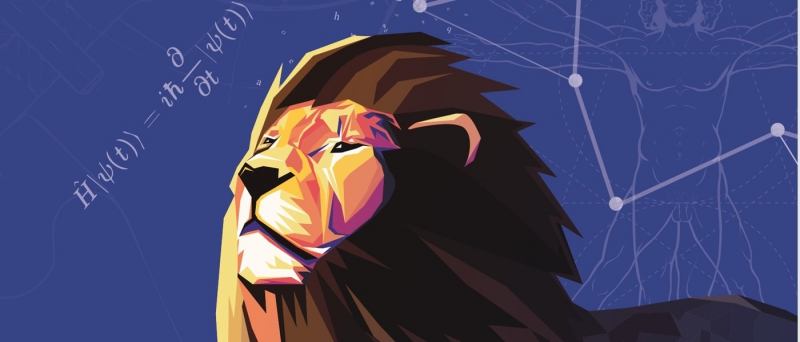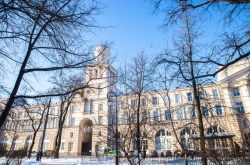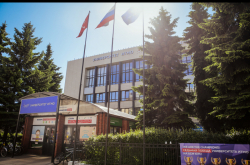The QS World University Rankings by Subject are published annually by the UK company Quacquarelli Symonds (QS), which specializes in education and academic mobility. The rankings’ main aim is to help students choose the top universities from around the world.
In the subject rankings, universities are assessed by four indicators: their reputation among employers and the academic community, the number of research citations per paper published in the relevant subject area, and their h-index. In order to be eligible for the rankings, a university must offer bachelor, Master’s and PhD programs in at least two of the rankings’ five faculty areas.
This year’s QS WUR by Subject have assessed 1,222 universities from 153 countries in 48 subjects, sorted into five faculty areas.
As compared to last year’s results, ITMO University has significantly improved its positions in three subject rankings. The University has gone up by 150 places in the ‘Computer Science & Information Systems’ ranking, where it placed in the 101-150 range (251-300 in 2018) and was ranked 2nd in Russia (after Lomonosov Moscow State University), and the ‘Engineering: Electrical & Electronic’ ranking, where it placed in the 201-250 range (351-400 in 2018) and was ranked 1st among Russian universities. In the ‘Physics & Astronomy’ subject ranking, the university was placed in the 251-300 range, going up by 100 positions from its 351-400 placement in 2018.
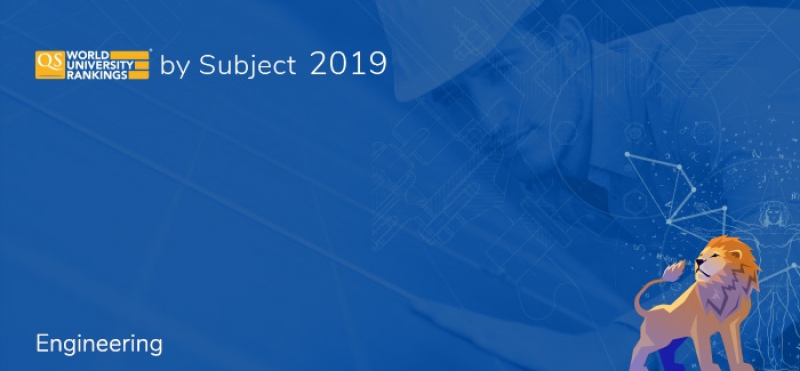
2019 also marks ITMO University’s debut in three subject rankings: ‘Engineering: Mechanical, Aeronautical & Manufacturing’ (351-400), ‘Materials Science’ (301-350), and ‘Art & Design’ (151-200); in the case of the latter, ITMO University is the only Russian university to be included on the ranking.
Aside from subject rankings, ITMO University is represented in two broad subject area rankings: ‘Engineering & Technology’, where it was ranked 256th (401-450 in 2018, up by 145 positions), and ‘Natural Sciences’, where it debuted 379th in the world.
In the aforementioned rankings, ITMO University’s strongest indicator has been its employer reputation. In the ‘Computer Science & Information Systems’ ranking, the University has also significantly increased its academic reputation indicator, which, along with growing citation rates, has resulted in such a notable rise through the ranking.
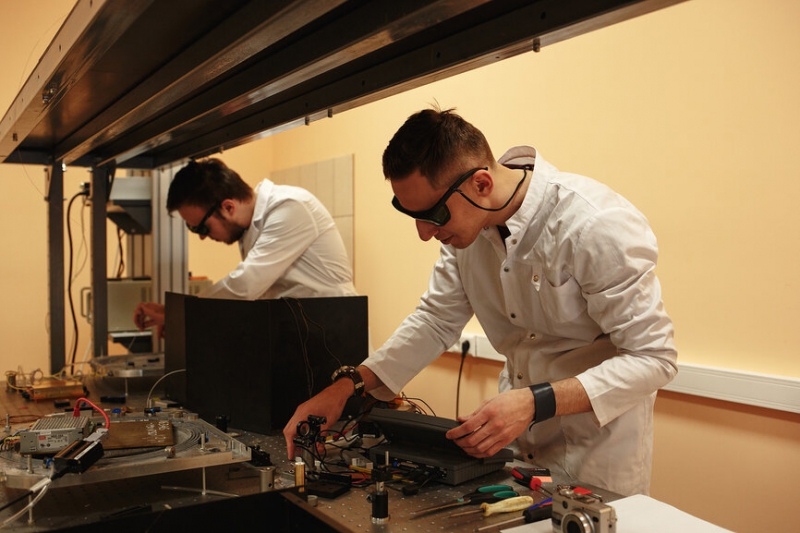
As the staff of ITMO’s Rankings Research Center points out, the academic and employer reputation values are formed based on respondent surveys conducted between 2014 and the spring of 2018. The citation and h-index indicators are calculated based on publications in the relevant subject areas made in 2012-2016 and the citations these papers have received in 2012-2017.
“For the past several years ITMO University has developed as a truly international university: we’re launching new international double-degree programs, increasing incoming and outgoing academic mobility, and attracting researchers from around the world, which affects our internationalization indicators and, in general, increases the University’s international recognition. There is no doubt that one of the stimuli for such growth has been ITMO University’s participation in the 5-100 Russian Academic Excellence Project,” comments Ilya Kuftiryov, the head of ITMO’s Rankings Research Center, “The University’s main growth drivers in subject rankings are its growing reputation and effective publication activity. It should also be noted, that nine QS subject rankings have been expanded: for instance, the ‘Materials Science’ ranking, which has previously included only the top 300 universities, now includes 400 universities, bringing exposure to “new” universities.”
As Ilya Kuftiryov also notes, ITMO University’s unorthodox approach has been reflected in its successful debut in the ‘Art & Design’ subject ranking, which, as part of the Arts & Humanities broad subject area, falls outside of the University’s scientific profile.
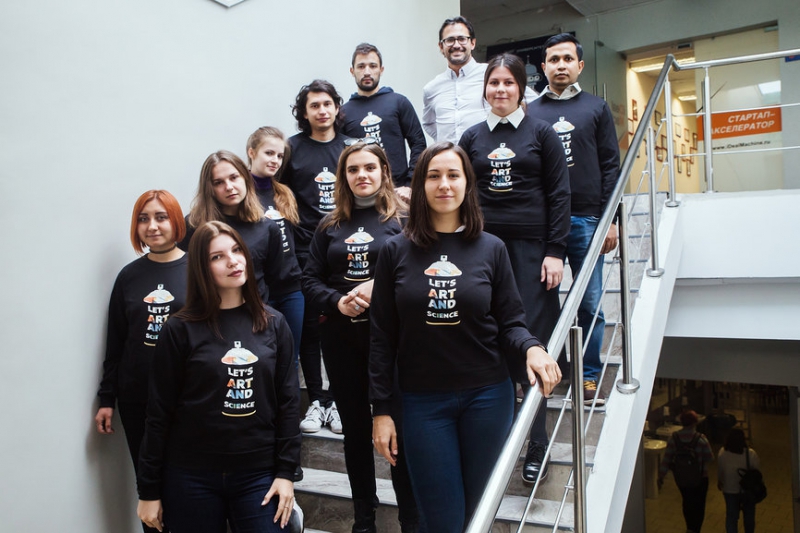
“These results are anything but accidental. Our strength is in IT, but we also integrate information technologies into a wide variety of other fields, such as humanities and arts, and develop some truly unique projects," he summarizes.
On the whole, 25 Russian universities have been included in Quacquarelli Symonds’ latest subject rankings (in comparison with 24 universities in 2018, including 12 participants of Project 5-100). In 2019, the rankings have been joined by two more universities participating in Project 5-100: the Lobachevsky State University of Nizhny Novgorod and the Peoples' Friendship University of Russia. Just like last year, Russia’s leading higher education institution is the Lomonosov Moscow State University.
The complete subject rankings can be found on the official website.
